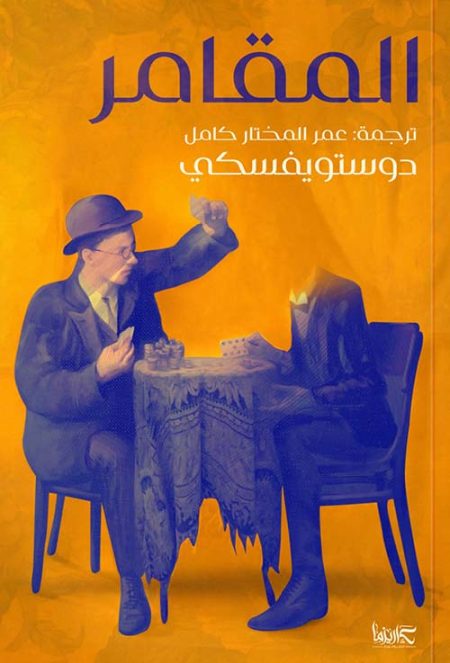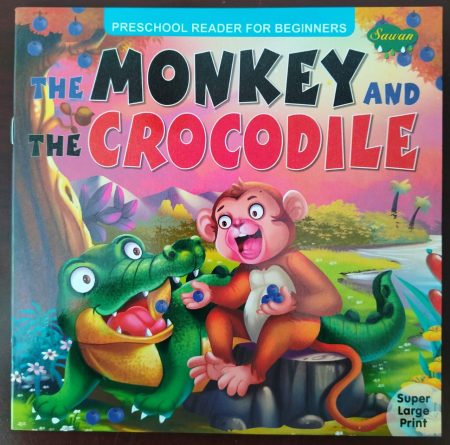Description
How can we comprehend such a small work of fiction, so simple and clear that it almost seems transparent, while everything in it draws us into a maze the author deliberately called “The Chessboard”? What entrance might help us delve into the secrets of its heroes, all players and spectators at the same time?
Five weeks before his suicide, Stefan Zweig wrote to his friend Hermann Kitzen: “There is nothing important to say about myself. I have written a short story according to my favorite, miserable model. It is too long to be published in a newspaper or magazine, too short to be included in a book, too obscure for the general reading public to understand, and too strange for its subject matter to be understood.” Despite its simplicity, “The Chess Player” is an elusive novel that appears to be a funny, entertaining story about a chess player. Its essence is Zweig’s farewell message to all of humanity, having lost hope in humanity as he dreamed of and championed it. Humans have become machines of destruction whose sole concern is control and profit: the clergyman, the security guard, the lawyer, the merchant. No one has escaped condemnation, and no one has preserved their identity in this game of transformations. The sun has set, and it is time to say goodbye.
















Reviews
There are no reviews yet.